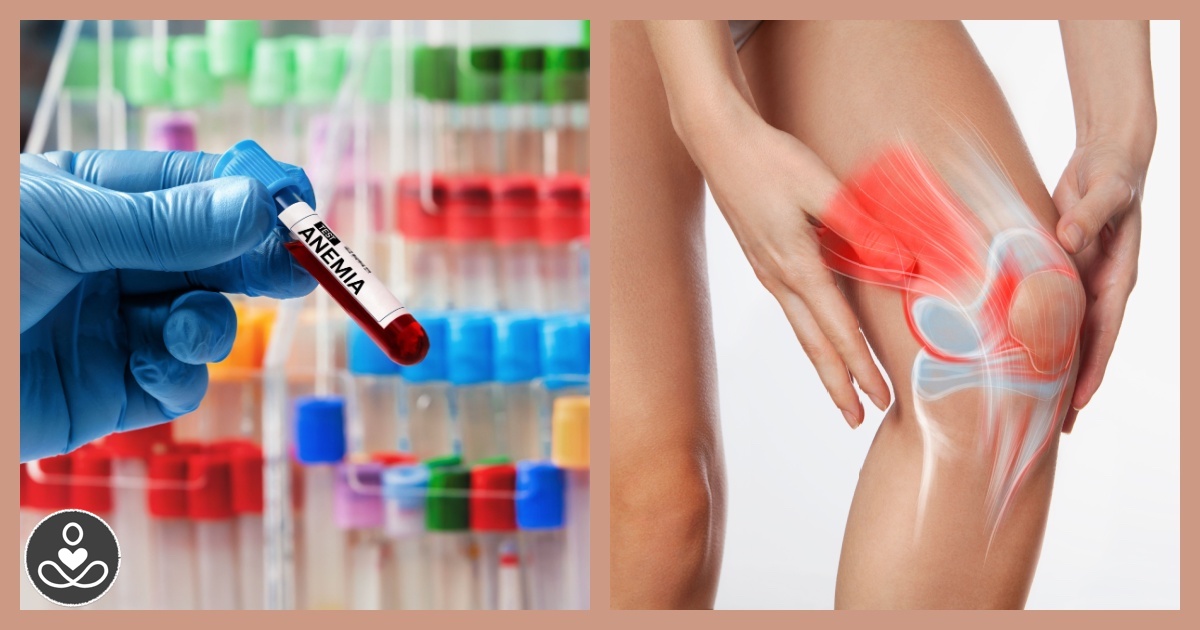. Dry, Damaged Skin
Healthy skin contains a sizable amount of vitamin C, which helps to maintain it by shielding it from oxidative damage caused by the sun and exposure to harmful pollutants like environmental toxins (Pullar et al., 2017) (Podda et al., 1998). It also encourages the production of collagen, which keeps the skin youthful-looking (Duarte et al., 2009). Studies show that individuals with high vitamin C intake generally have better skin quality, while those with lower intake have a 10% increased risk of developing dry, wrinkled skin (Iizaka et al., 2016). However, it’s important to note that vitamin C deficiency is one of the various factors that can cause dry and damaged skin (Cosgrove et al., 2007).
2. Easy Bruising
When blood vessels beneath the skin rupture, a discoloration known as bruising occurs when blood leaks into the surrounding tissue; if you experience easy bruising, it could indicate a vitamin C deficiency (Hirschmann & Raugi, 1999a). This nutrient is essential for producing collagen, which helps keep the skin, bones, and other tissues healthy and strong. A lack of vitamin C can weaken blood vessels and cause poor collagen production, making you more susceptible to bruising (Pimentel, 2003a).
3. Slowly Healing Wounds
When our body has insufficient vitamin C, the rate of collagen formation slows down, leading to a delay in the healing process of wounds (Galimberti & Mesinkovska, 2016). Recent research suggests that people who suffer from chronic, non-healing injuries are more likely to be vitamin C deficient. In some acute cases of vitamin C deficiency, old wounds may reopen, increasing the risk of infection (Lazareth et al., 2007). Slow wound healing or reopening old wounds is an advanced sign of deficiency that can heighten the risk of infection (Fain, 2005a). Therefore, maintaining adequate levels of vitamin C in our body promotes faster wound healing and reduces the risk of infection (Hirschmann & Raugi, 1999a).

